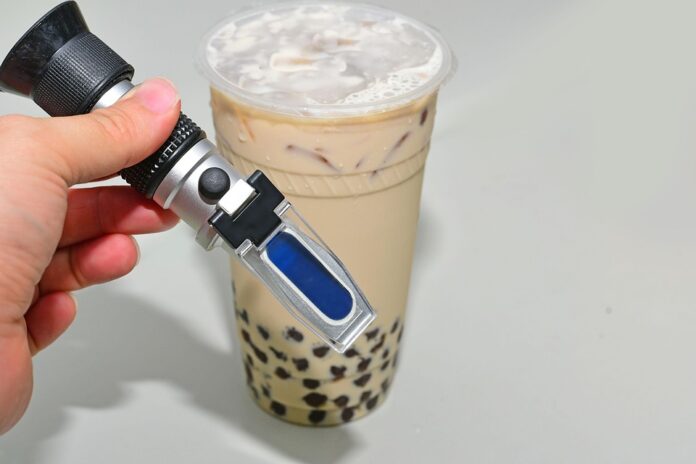Introduction
Food-grade refractometers are essential tools used in the food industry to measure the concentration of sugar, salt, and other dissolved solids in liquid products. To ensure accurate readings, regular calibration and cleaning of these refractometers are crucial. In this report, we will delve into the importance of calibration and cleaning, the procedures involved, and the companies that offer calibration services in the food industry.
Importance of Calibration
Calibration is the process of adjusting a refractometer to ensure that it provides accurate and reliable measurements. Over time, refractometers can drift out of calibration due to factors such as temperature fluctuations, exposure to harsh chemicals, or general wear and tear. If a refractometer is not properly calibrated, it can lead to inaccurate readings, which can result in substandard products and potential financial losses for food manufacturers.
Financial Impact
The financial impact of using a poorly calibrated refractometer can be significant. Inaccurate measurements can lead to batches of products being rejected due to not meeting quality standards, resulting in wasted raw materials, production time, and potential loss of customers. By investing in regular calibration, food manufacturers can ensure that their products meet quality specifications, reduce waste, and maintain customer satisfaction.
The Calibration Process
Calibrating a food-grade refractometer involves comparing its readings to a known standard or reference material. The process typically involves adjusting the refractometer to match the standard, ensuring that future measurements are accurate. Calibration should be performed regularly, ideally before each use, to maintain the instrument’s accuracy.
Calibration Standards
There are various calibration standards available for food-grade refractometers, including sucrose solutions, salt solutions, and oil standards. The choice of standard depends on the specific application and the range of measurements required. It is important to follow the manufacturer’s guidelines when selecting a calibration standard to ensure accurate results.
The Cleaning Process
In addition to calibration, regular cleaning of food-grade refractometers is essential to prevent contamination and ensure accurate readings. Contaminants such as sugar residues, oils, and other substances can build up on the prism and affect the refractometer’s performance. Cleaning should be done using gentle cleaning solutions and soft cloths to avoid damaging the instrument.
Cleaning Frequency
The frequency of cleaning a refractometer depends on the frequency of use and the type of samples being measured. For high-volume production facilities, daily cleaning may be necessary to prevent contamination and ensure accurate readings. It is important to follow the manufacturer’s recommendations for cleaning procedures to maintain the instrument’s performance.
Companies Offering Calibration Services
Several companies specialize in providing calibration services for food-grade refractometers. These companies offer on-site calibration, in-house calibration, and certification services to ensure that refractometers meet industry standards. Some well-known companies in this space include Hanna Instruments, Mettler Toledo, and Anton Paar.
Industry Insights
The market for calibration services for food-grade refractometers is driven by the increasing demand for high-quality food products and the need for accurate measurements in food manufacturing. With stringent regulations and quality standards in place, food manufacturers rely on calibrated refractometers to ensure the consistency and quality of their products. The calibration services industry is expected to grow as the food industry continues to expand and innovate.
In conclusion, calibration and cleaning are essential processes for maintaining the accuracy and performance of food-grade refractometers. By investing in regular calibration and cleaning, food manufacturers can ensure the quality of their products, reduce waste, and maintain customer satisfaction. Companies specializing in calibration services play a vital role in supporting the food industry’s need for accurate measurements and quality assurance.




